Bjarke Ingels' studio BIG is collaborating with construction technology company ICON and NASA to create Mars Dune Alpha, a 3D-printed structure designed to simulate living on Mars.
Under construction at the Johnson Space Center in Texas, USA, the 158-square-metre "habitat" has been developed by BIG and ICON to help prepare humans to live on the Red Planet.
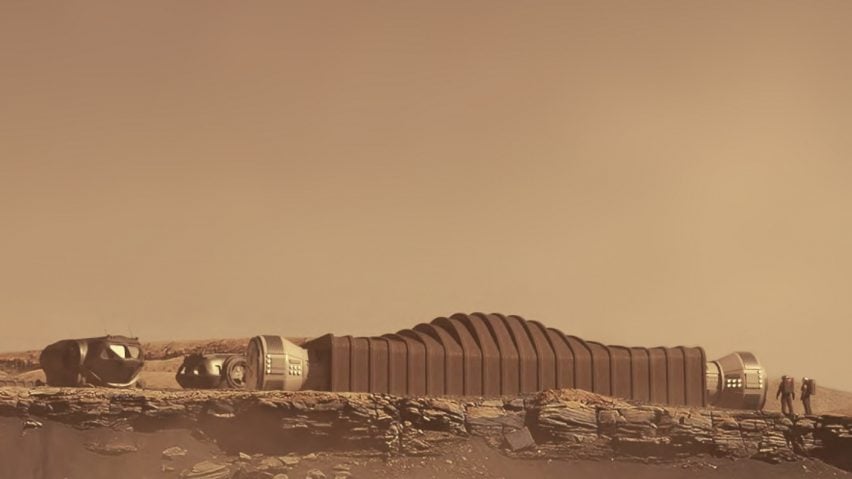
The Mars Dune Alpha will be occupied by four people for extended periods of time and, by simulating the expected experience of living on Mars, will help NASA understand the physical and mental challenges that may impact crew on a long-duration space mission.
"Together with NASA and ICON, BIG is investigating what humanity's home on another planet will entail from the human experience which will potentially lay the foundation for a new Martian vernacular," wrote BIG's Kai-Uwe Bergmann in an Instagram post.
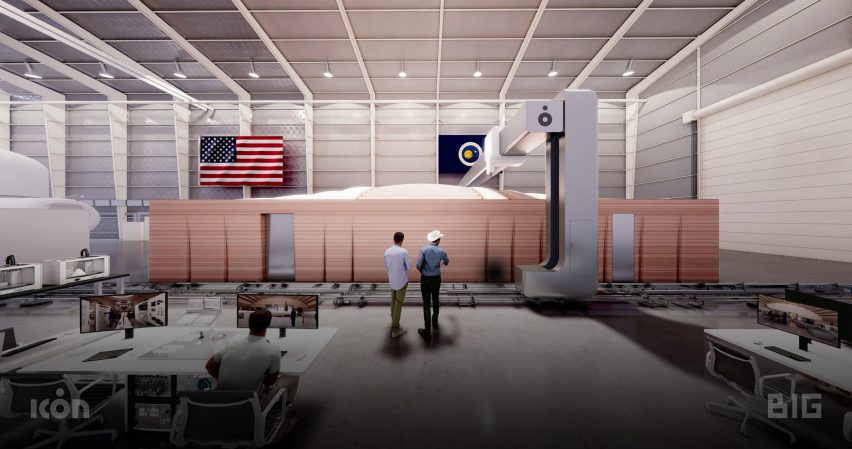
Mars Dune Alpha is being constructed using 3D printers as this is the preferred technology for constructing extraterrestrial habitats, due to the lack of building materials required.
The specific technology that will be used is Vulcan, ICON's 3D-printing system that uses the company's own Portland Cement-based mix called Lavacrete.
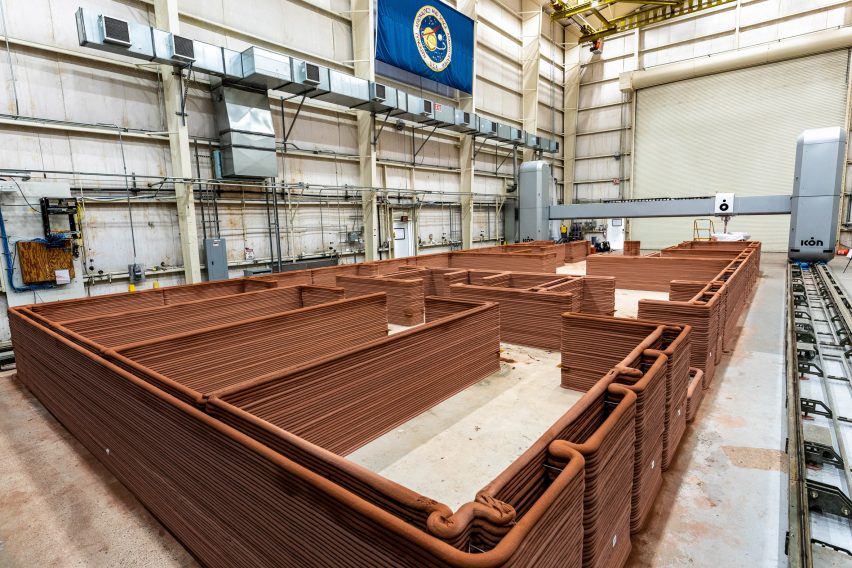
Once built, the structure will comprise four private crew quarters on one side, accessed by shared living spaces found at its centre. On the other side will be work, medical and food-growing stations.
According to ICON, the ceiling heights will be varied throughout to ensure each room is visually unique to "avoid spatial monotony and crew member fatigue".
Each room will also feature customisable lighting, temperature and sound control, alongside a mix of fixed and movable furniture to allow users to reorganise and personalise the interiors.
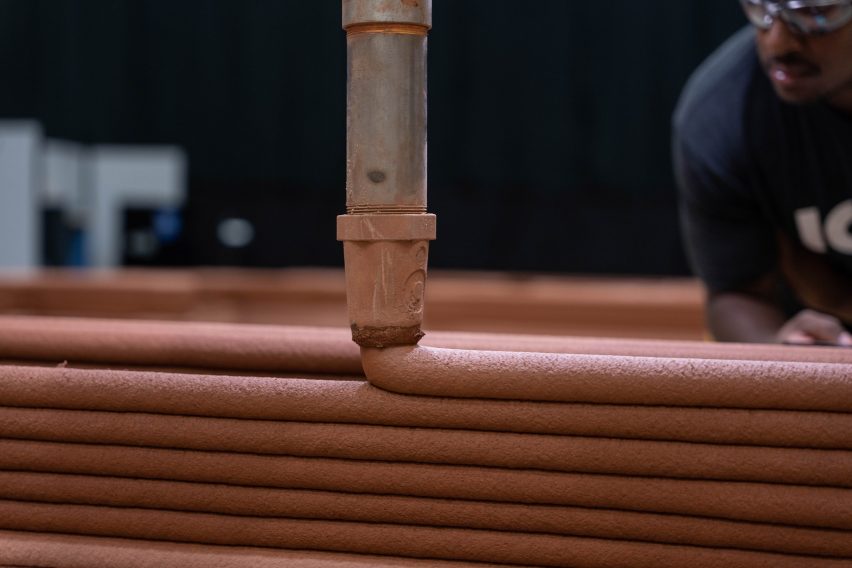
"This is the highest-fidelity simulated habitat ever constructed by humans," said ICON co-founder Jason Ballard.
"Mars Dune Alpha is intended to serve a very specific purpose, to prepare humans to live on another planet. We wanted to develop the most faithful analog possible to aid in humanity's dream to expand into the stars."
"3D printing the habitat has further illustrated to us that construction-scale 3D printing is an essential part of humanity's toolkit on earth and to go to the moon and Mars to stay," Ballard added.
"Together with NASA and ICON, we are investigating what humanity’s home on another planet will entail from the human experience," BIG founder Bjarke Ingels said.
"The data gained from this habitat research will directly inform NASA’s standards for long-duration exploration missions, and as such will potentially lay the foundation for a new Martian vernacular. Mars Dune Alpha will take us one step closer to becoming a multiplanetary species."
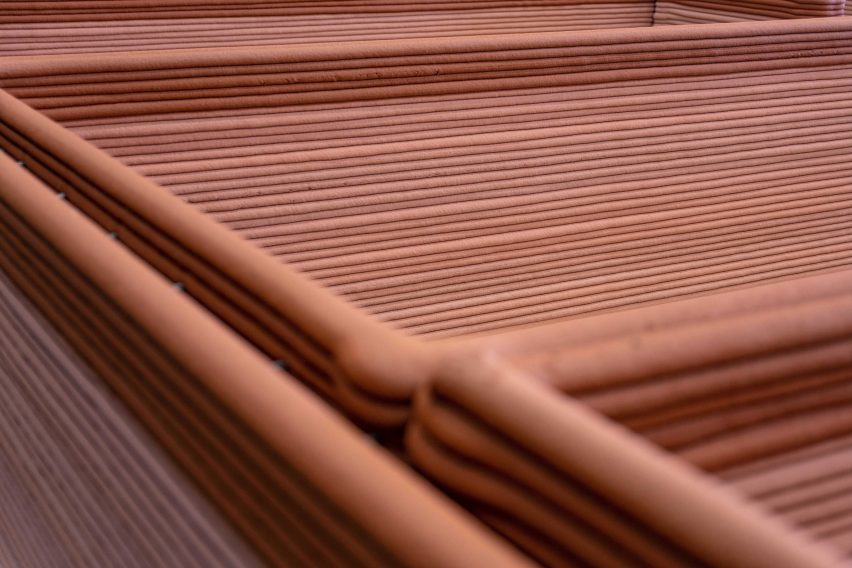
Mars Dune Alpha is being built in support of the NASA Space Technology Mission Directorate (STMD), which forms part of The Crew Health and Performance Exploration Analog (CHAPEA).
CHAPEA is a series of three one-year Mars surface mission simulations at the NASA Johnson Space Center in Houston to provide insights into future space missions.
NASA is now recruiting crew for the long-duration Mars mission study inside the 3D-printed Mars Dune Alpha, which will start in Autumn 2022. The mission will mimic the challenges of a mission to Mars, such as equipment failure, communication delays and simulated spacewalks.
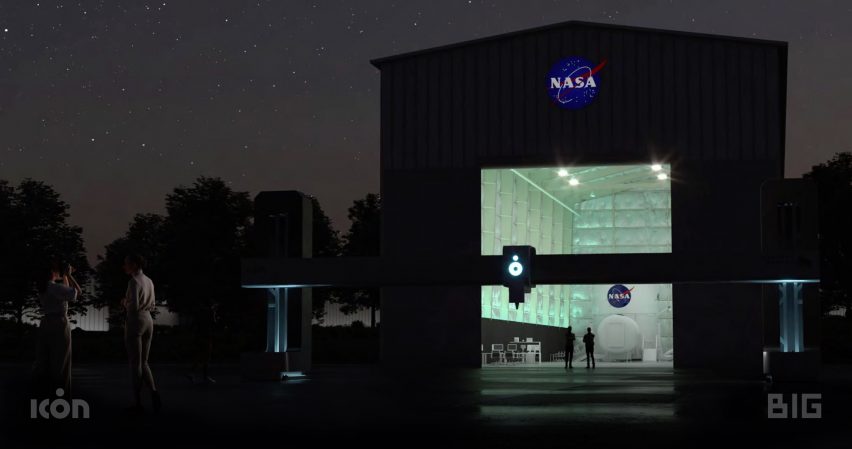
BIG and ICON are currently also collaborating with NASA on Project Olympus, which explores ways to create 3D-printed infrastructure on the moon using materials found on its surface.
BIG is not the first architecture studio to develop buildings to support living in space. In 2015, Foster + Partners proposed a settlement for four astronauts on Mars that could be 3D printed from soil and rocks on the planet by semi-autonomous robots.
More recently, architecture studio SOM and the European Space Agency designed a settlement for living on the Moon, aptly named Moon Village. The proposal comprises inflatable modules to provide hubs for scientific research.
Photography and video are by ICON.
https://ift.tt/3CCffqk
Science
No comments:
Post a Comment